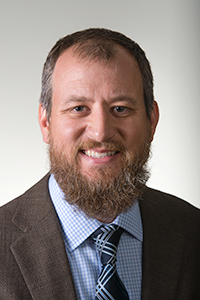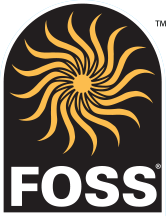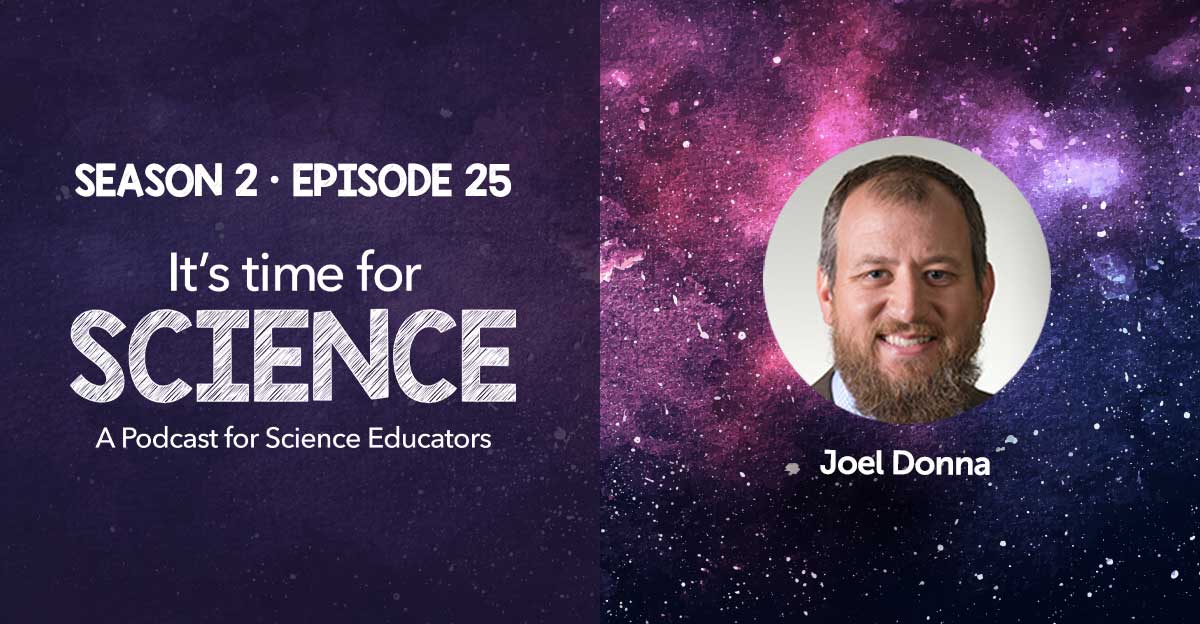It’s Time for Science, and it’s time to discuss the importance of activating prior knowledge and a multimodal approach to science education through establishing noticing, wondering, and connections routines! Tom talks to Dr. Joel Donna, a professor of teacher education, about routines that help students access prior knowledge and lived experiences. This sets the stage for learning utilizing centering student thinking. They also discuss how teachers can leverage their own prior knowledge, how AI might fit into the science classroom, and much more!

Joel Donna is a professor of teacher education at the University of Wisconsin–River Falls, where he prepares future elementary through high school teachers to teach science by actively engaging students. After earning his degree from UW–River Falls, he taught science in Kasson-Mantorville, MN, then earned a Ph.D. in Science Education from the University of Minnesota. He served as STEM Specialist at the Minnesota Department of Education, overseeing Math Science Partnership Grants and leading state STEM initiatives. He’s been a Lecturer at the University of Minnesota, a Bush Fellow, and Assistant Professor of Physics at Winona State. He also founded 3Ring, a nonprofit supporting new science teachers. He’s taught science at elementary, middle, high school, and college levels, consults with schools, and has served on regional science education committees. He contributed to the development of the OpenSciEd middle school curriculum. Joel lives in River Falls with his wife and son and enjoys time in the water.
Tom and Joel’s conversation covers the importance of activating prior knowledge and how teachers sometimes come into elementary science believing they don’t have the experience or knowledge to teach science. They discuss the process of noticing, wondering, and then slowing down to make connections. Dr. Donna describes the silent count (waiting and giving students time to think), which positions the teacher as co-learner. He talks about how high-quality instructional materials (HQIM) fit in and the importance of activating prior knowledge. Tom and Dr. Donna talk about the importance of students seeing themselves in science and valuing the experiences and language they bring. They discuss leveraging AI within teacher pre-service and some ways to approach AI with both preservice teachers and students and how AI cannot replace teachers’ role in collective sense-making work.
Want to read more about our guests and catch up on the podcast? Visit our new and improved blog: https://www.foss-science.com/category/podcast/.
It’s Time for Science! To get in touch with us, whether to offer some feedback, ideas for future episodes or reviews, or just to say hi, send us a message at itstimeforscience@schoolspecialty.com. We’d love to hear from you!
Look for School Specialty and FOSS on X and Facebook. It’s Time for Science is produced by School Specialty® and the Full Option Science System™ (FOSS®) at the Lawrence Hall of Science, University of California, Berkeley.
Listen Where You Find Your Favorite Podcasts


